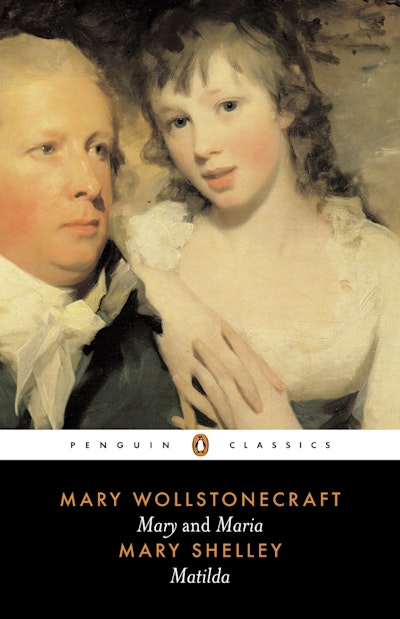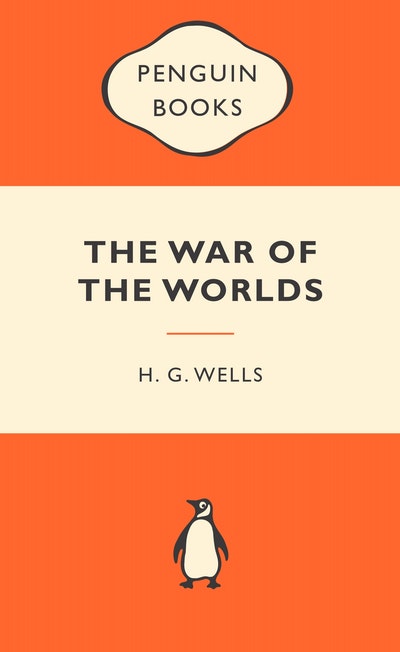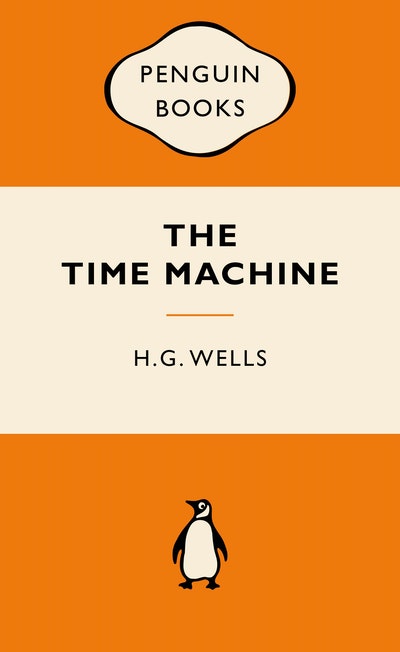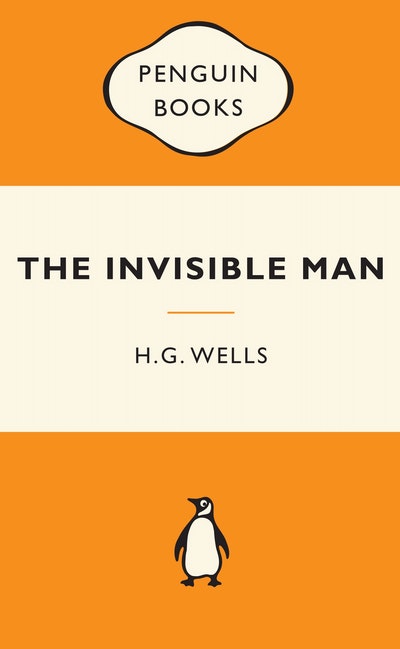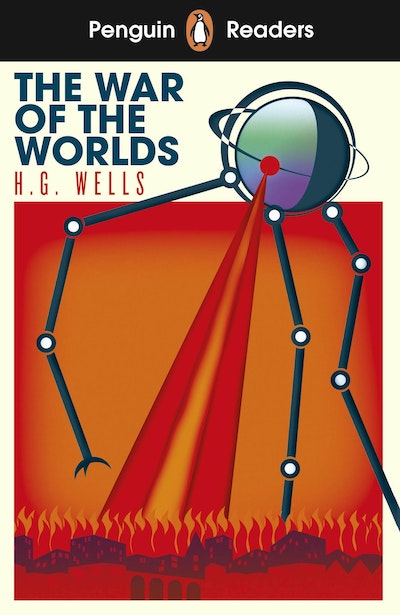- Published: 5 January 2017
- ISBN: 9781473546813
- Imprint: Vintage Digital
- Format: EBook
- Pages: 128
The Time Machine
A brilliantly imaginative flight of fancy from the father of science fiction, or a prophetic vision of the future of the planet?
Brilliantly imaginative fiction or the shape of things to come? H.G. Wells's masterpiece still retains its power to provoke and enthral.
In the Time Traveller's miraculous new machine, we will be carried from a Victorian dinner table to 802,701 AD, when the Earth is divided between the gentle, ineffective Eloi, and the ape-like Morlocks; forward again by a million years or so to glimpse a dying world of blood-red beaches and menacing shapes; and on again to the last days of our planet, a remote twilight where nothing moves but darkness and a cold wind.
- Published: 5 January 2017
- ISBN: 9781473546813
- Imprint: Vintage Digital
- Format: EBook
- Pages: 128
Other books in the series
About the author
English novelist, journalist, sociologist, and historian, whose science fiction stories have been filmed many times. WELLS’ best known works are THE TIME MACHINE, one of the first modern science fiction stories, THE INVISIBLE MAN, and THE WAR OF THE WORLDS. Wells wrote over a hundred of books, about fifty of them novels.
H.G. Wells was born in Bromley, Kent, in 1866. After an education repeatedly interrupted by his family’s financial problems, he eventually found work as a teacher at a succession of schools, where he began to write his first stories.
Wells became a prolific writer with a diverse output, of which the famous works are his science fiction novels. These are some of the earliest and most influential examples of the genre, and include classics such as The Time Machine and The War of the Worlds. Most of his books very well-received, and had a huge influence on many younger writers, including George Orwell and Isaac Asimov. Wells also wrote many popular non-fiction books, and used his writing to support the wide range of political and social causes in which he had an interest, although these became increasingly eccentric towards the end of his life.
Twice-married, Wells had many affairs, including a ten-year liaison with Rebecca West that produced a son. He died in London in 1946.
Related titles
Praise for The Time Machine
A seminal work of dystopian fiction, Wells's tale of the voyages of the Time Traveller in the distant future (AD 802,701) is also a cracking adventure story.
Sunday Telegraph
In its decency and commitment to the future, its dramatisation of its hero's moral and imaginative reach, The Time Machine is as good a testament as any to the values and achievement of one of our bravest and most stimulating writers, one whose best work comically or horrifically continues to feel as if it bodies forth the shape of things to come.
Independent on Sunday
A master writer who led a lot of people out of superstition and hopelessness
Guardian












































































































































































































































































































































































































































































































































































































































































